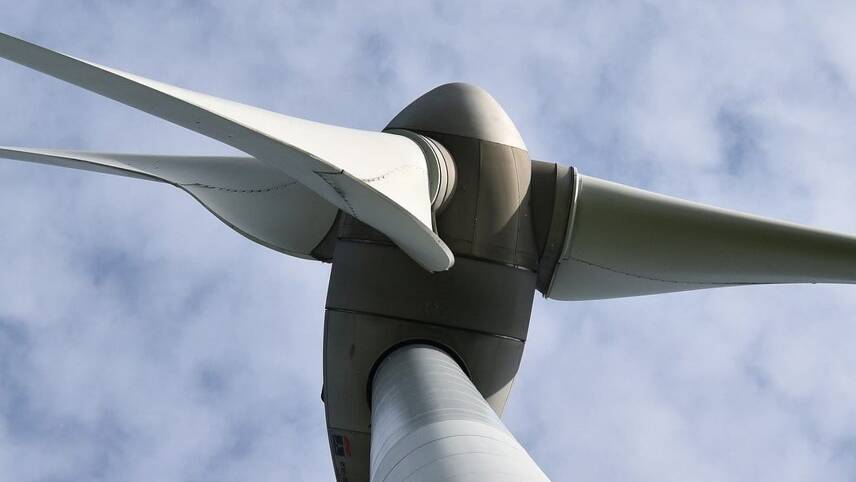Member only content free until 26/05/2024
To continue reading this article and enjoying free access to all Utility Week’s content up to the 26/05/2024 Register today!
Ready to become a member?

The government should consider whether low-carbon technologies should be pursued if they “consistently” fail to secure support through Contracts for Difference (CfD) auctions, according to a new report by ex-prime minister Sir Tony Blair’s thinktank.
The report, published by the Tony Blair Institute for Global Change, examined the lessons from the UK’s successful roll out of offshore wind power over the last 20 years.
Amongst eight key lessons identified in the report is that the support that the government offers should be adapted as technologies mature.
While this approach may sound like “picking winners”, the report said it is strategic decision-making based on factors like the potential for cost-reduction and the value technologies offer to the wider energy system.
It would “not be prudent” for government to attempt to support every technology to full commercial deployment and decisions must be taken on which technologies are likely to be most cost-efficient, the report said.
“Ultimately, government support should be conditional on cost reduction – if the technology cost does not fall, then support should be removed.
“If technologies are eligible for a CfD but consistently fail to win a contract, as has happened with wave and geothermal power, government should consider whether this is the right type of support, or whether the technology should be pursued at all.”
However, the institute said the benefits offshore wind has received from the “right support at the right time,” including most recently the CfDs, shows the importance of how help can be targeted to technologies at different stages in the development timeline.
And while CfDs have insulated offshore-wind investors from market volatility, the policy framework must evolve as such new technologies increase their share of the market, the report said: “As the technology becomes more dominant in the market, it is important that investors and operators are increasingly exposed to market signals to ensure efficient operation of the system.”
The report also said that now there is clarity that offshore will dominate future generation, the government must initiate a “comprehensive” process of market-reform to ensure that incentives are aligned to deliver a “flexible, net-zero, cost-effective system”.
CfDs shield individual offshore wind projects against falling wholesale electricity prices, which are likely to be a feature of a system based on this type of generation, by offering revenue certainty.
However, when these contracts come to an end, an inability to recover remaining capital and ongoing operating costs may result in offshore wind farms being decommissioned before the end of their working life, the report warned.
“The technologies needed to power a net-zero system have different characteristics to the technologies that have been used in the past, and markets must be redesigned accordingly,” it explained.
“The old approach has worked while new technologies have played a minor role, but as these technologies begin to dominate, government must shift its mindset from focusing on near-term deployment to developing a framework that will allow low-carbon technologies to grow to the levels we know are needed.”
The report also concluded that delivering net zero emissions requires enduring cross-party political commitment. As an example, the study pointed to how the Labour government identified offshore wind as a strategically important technology in the early 2000s, followed by sustained support from both the coalition and Conservative governments.
However, other technologies have “struggled’ including carbon capture and and storage, which the report said would already have been deployed in the UK if it had received the same level of support offshore wind has enjoyed.




Please login or Register to leave a comment.